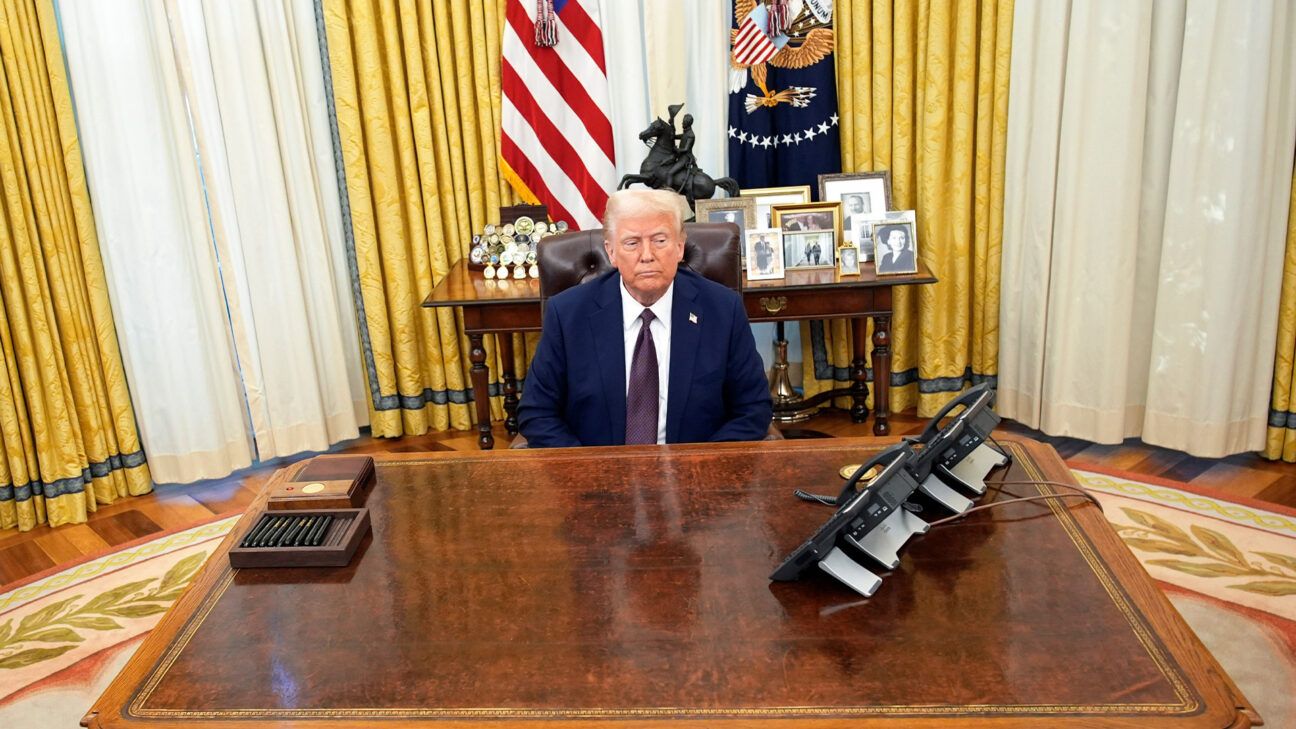Health Agency Reports from CDC, FDA, and NIH Halted by Trump Officials

Trending News: Health Agency Reports from CDC, FDA, and NIH Halted by Trump Officials in 2025
In a startling revelation, recent investigations have uncovered new details about the interference of the Trump administration with reports and communications from major U.S. health agencies, including the Centers for Disease Control and Prevention (CDC), the Food and Drug Administration (FDA), and the National Institutes of Health (NIH). This interference, which initially began during the COVID-19 pandemic, has continued to come under scrutiny, especially in light of the ongoing public health challenges faced by the nation.
1. The Timeline of Interference
Between 2020 and 2021, officials from the Trump administration were found to have blocked or delayed critical health information related to the pandemic. According to sources from inside these agencies, scientific reports on COVID-19’s transmission, the efficacy of masks, and the risks of certain unproven treatments were altered or withheld under pressure from political officials.
One of the most controversial instances involved the halting of CDC guidance on school openings and mask mandates, with top aides reportedly insisting that the recommendations align with the political messaging of the administration rather than scientific evidence.
2. FDA and NIH Under Scrutiny
Beyond the CDC, the FDA and NIH also faced political meddling. The FDA’s emergency use authorization (EUA) for hydroxychloroquine and other treatments, despite limited evidence, raised concerns among medical professionals about the agency’s integrity. Meanwhile, NIH’s research priorities appeared to shift to accommodate political agendas rather than focusing purely on public health needs. These actions created long-term challenges for these organizations, impacting their credibility and public trust.
3. The Fallout in 2025
In 2025, as health experts and former government officials continue to discuss the consequences of these actions, questions about the long-term impact on public health remain. While some argue that the political interference slowed the U.S.’s response to the pandemic and compromised the quality of scientific communication, others claim it was a strategy aimed at presenting a positive public image during a crisis.
With the health landscape still reeling from the pandemic and new global health threats emerging, efforts to restore trust in these vital agencies are ongoing. Leaders from the Biden administration have pledged to return to science-driven policy-making, but the shadow of the Trump era continues to loom large over the credibility of these institutions.
As the investigations unfold and more details come to light, questions about how future administrations will handle the balance between science and politics in health policy will undoubtedly continue to spark debate.



